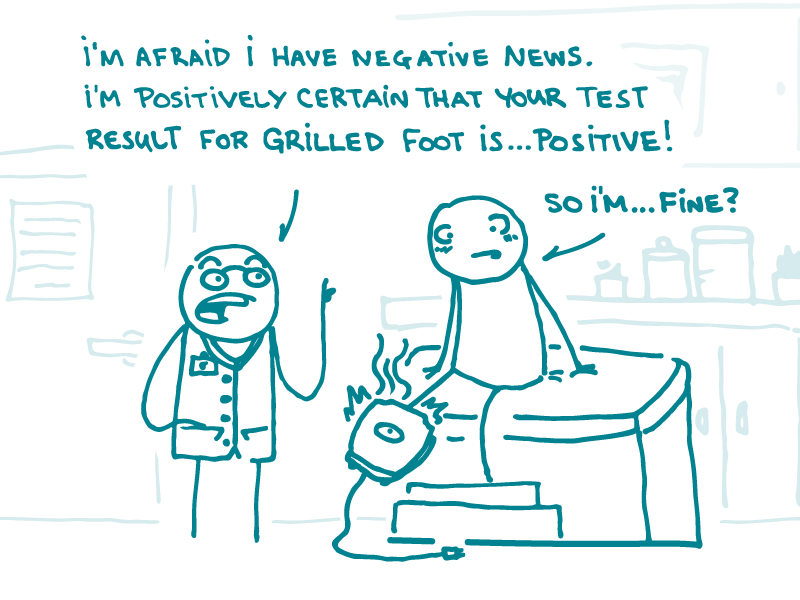
If you’re a fan of The Office, you’re familiar with Michael Scott’s antics as regional manager at Dunder Mifflin Paper Company. Whether he’s grilling his own foot while cooking bacon in bed or running down a coworker in the parking lot, Michael’s always good for a laugh. But what if a lesson from Michael Scott could improve your health writing?
Stick with us, dear readers, and picture this scene:
It’s Michael’s birthday, and he’s so excited to celebrate at work. But no one at the office is feeling festive because Kevin, the accountant, is waiting for his skin cancer screening results. Then, great news! Kevin’s test came back negative. Everyone cheers! Except for Michael, who thinks Kevin just received a death sentence.
Eventually, Michael figures it out: “Apparently, in the medicine community, negative means good, which makes absolutely no sense. In the real-world community, that would be… chaos.”
Michael, you are so right! (Never thought you’d hear that, did you?) Let’s save the whole “positive” and “negative” approach for things that are actually — wait for it — positive or negative. In the real world, positive means good. But when a test comes back “positive” for a disease, most folks aren’t exactly jumping for joy. Here at We ❤ Health Literacy Headquarters, we call that a recipe for unnecessary confusion.
Fortunately, there’s a simple alternative: just be specific when writing (or talking) about test results! Instead of:
- “If your test comes back positive, your doctor will talk with you about treatment options.”
- “Your test came back negative.”
Write:
- “If the test shows that you have [whatever thing you have], your doctor will talk with you about treatment options.”
- “The test results show that you don’t have [whatever thing you don’t have].”
So take a tip from The Office and avoid the chaos. Michael Scott — and the rest of the real-world community — will thank you.
The bottom line: When writing about test results, skip the topsy-turvy “positives” and “negatives” — just tell people what they really need to know.
Tweet about it: Michael Scott’s got a tip for #HealthLit writers everywhere! @CommunicateHlth explains: https://bit.ly/2HkKfQO
Browse recent posts